Ubiquiti NanoStation M2 (NSM2): The Legacy 2.4GHz Workhorse
Overview and Introduction
The Ubiquiti NanoStation M2 (NSM2) is a compact, versatile 2.4 GHz wireless radio that became a foundational device for Ubiquiti’s airMAX platform. While considered a legacy product, its durability, simplicity, and performance in the 2.4 GHz band have made it a enduring tool for specific applications. It features a built-in antenna with a unique 120° sector-like coverage pattern, allowing it to function effectively as both a client device (CPE) and an access point.
Its key feature is its operating frequency. As a 2.4 GHz device, it provides better signal penetration through obstacles like trees and walls compared to 5 GHz equipment, a crucial advantage in certain non-urban environments.
Key Features at a Glance
-
2.4 GHz Frequency: Superior signal penetration for challenging environments with light obstructions.
-
Versatile Form Factor: Compact, all-in-one design with a built-in 13 dBi antenna.
-
Dual-Function Mode: Can operate as an Access Point (AP) for multiple clients or a Station (Client) for a single connection.
-
Tough Design: Outdoor-rated (IP55) metal housing for long-term durability.
-
Simple Mounting: Included twist-and-lock pole mount for easy installation.
-
Cost-Effective Legacy Solution: An affordable entry into Ubiquiti’s ecosystem for basic connectivity needs.
Full Technical Specifications
| Category | Specification |
|---|---|
| Model | NanoStation M2 (NSM2) |
| Networking Interface | (1) 10/100 Ethernet Port |
| Wireless Technology | airMAX (MIMO) |
| Frequency Band | 2.400 – 2.4835 GHz (2.4 GHz) |
| Max. Power Consumption | 4W |
| Power Supply | 24V, 0.5A Passive PoE Adapter (Included) |
| Power Method | Passive Power over Ethernet (PoE) |
| Integrated Antenna | 2×2 MIMO, 13 dBi |
| Horizontal Beamwidth | 120° |
| Vertical Beamwidth | 20° |
| Max. TX Power | 23 dBm |
| Processor | Atheros MIPS 74Kc, 400 MHz |
| Memory | 32 MB DDR RAM |
| Mounting | Twist-and-Lock Pole Mount (for 1.5-2.5″ poles) |
| Weight | 0.38 kg |
| Dimensions | 195 x 130 x 45 mm |
| Operating Temperature | -30°C to 80°C |
| Ingress Protection | IP55 |
Performance and Real-World Use
What is the NanoStation M2 (NSM2) Used For?
-
Legacy WISP Deployments: Connecting customers in older 2.4 GHz wireless networks.
-
Point-to-Point (PtP) Links: Creating short to medium-range wireless bridges (e.g., between two buildings on a campus under 2-3 km).
-
Point-to-MultiPoint (PtMP) Client: As a client device to connect to a 2.4 GHz base station.
-
Wireless Video Surveillance: Linking IP cameras back to a network recorder where running cable is difficult.
-
IoT and Telemetry Backhaul: Connecting remote sensors or industrial equipment that only require moderate bandwidth.
Throughput and Range
-
Throughput: As an 802.11n (airMAX) device, real-world throughput typically ranges from 60-80 Mbps in ideal conditions.
-
Range: As a PtP client, reliable links can be established up to 5-10 km with a clear line-of-sight. The range is highly dependent on the paired device at the other end.
Critical Consideration: The 2.4 GHz band is often congested. It has only three non-overlapping channels (1, 6, 11) and is shared with Wi-Fi routers, Bluetooth devices, and microwave ovens. This can lead to interference and performance degradation in urban or densely populated areas.
Setup and Installation Guide
What’s in the Box?
-
NanoStation M2 Unit
-
Pole Mount Kit
-
24V Passive PoE Injector
-
Quick Start Guide
Step-by-Step Process:
-
Mounting: Attach the mount to a pole (1.5-2.5 inch diameter) using the included vinyl strap. The twist-and-lock design allows for easy positioning.
-
Connect Cables: Use the included Passive PoE injector. Connect the POE port to the NanoStation and the LAN port to your network or computer. Warning: This device uses 24V Passive PoE. Do not connect it to a standard 802.3af/at PoE switch port, as it will cause damage.
-
Power On: Plug the PoE injector into a power outlet.
-
Find and Configure:
-
Set your computer’s IP address to
192.168.1.10. -
Open a web browser and go to
http://192.168.1.20. -
Log in with the default credentials (
ubntfor both username and password) and change them immediately.
-
-
Align the Antenna:
-
In the airOS interface, go to the Main tab.
-
Use the Signal Strength (RSSI) indicator.
-
Adjust the device while monitoring the RSSI. A value closer to 0 is better (e.g., -55 dBm is stronger than -75 dBm).
-
-
Configure Wireless Mode:
-
Station: To connect to an existing Access Point. Select the SSID and enter the password.
-
Access Point: To create your own network for other clients to connect to. Set an SSID and security (WPA2-AES recommended).
-
Conclusion:
The Ubiquiti NanoStation M2 (NSM2) is a testament to robust, simple design. While it has been superseded by faster 5 GHz and Wi-Fi 6 technology for primary internet access, it retains significant value in niche applications. Its ability to penetrate light obstacles and its affordability make it a capable solution for specific PtP links, wireless backhauls for low-bandwidth devices, and maintaining legacy infrastructure. For anyone needing a reliable, no-frills wireless bridge in the 2.4 GHz band, the NSM2 remains a dependable, if somewhat dated, workhorse.



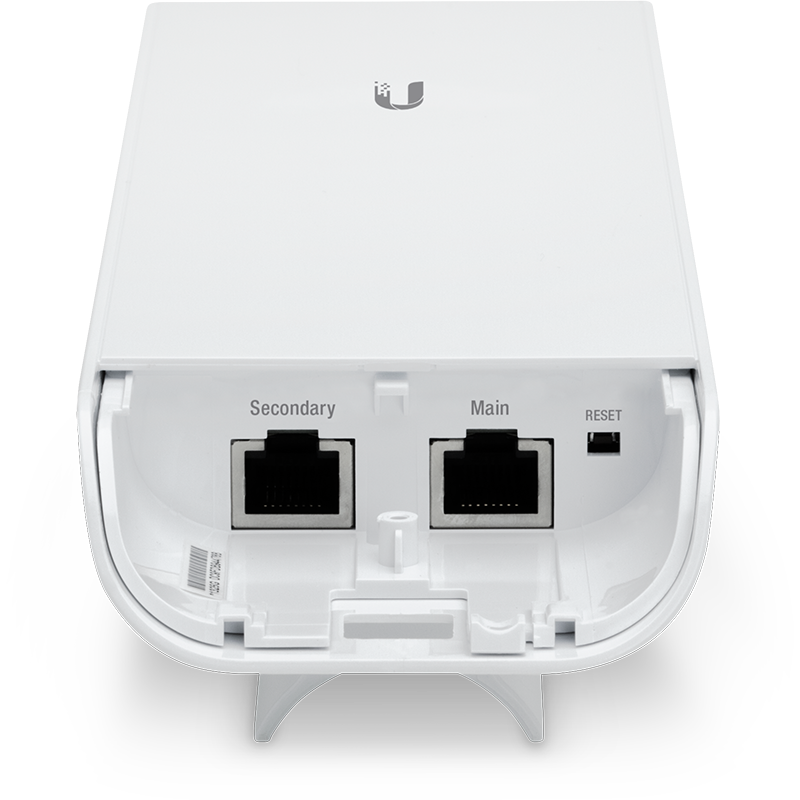
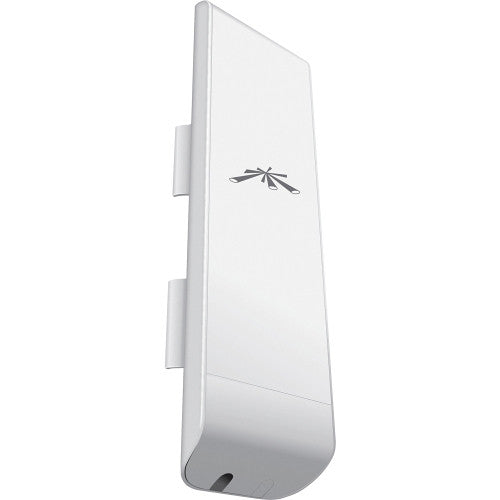
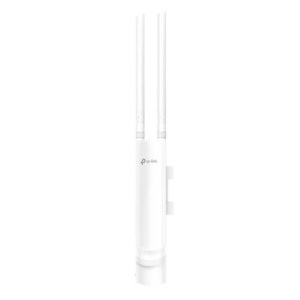
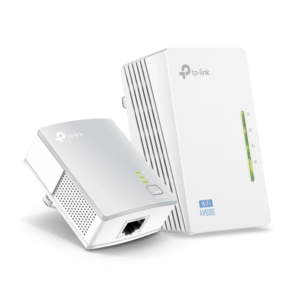
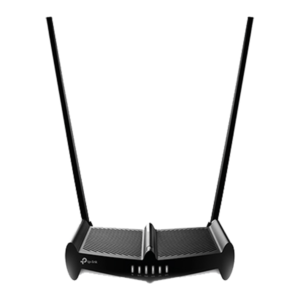
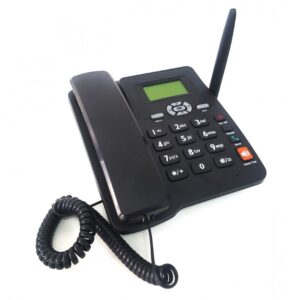
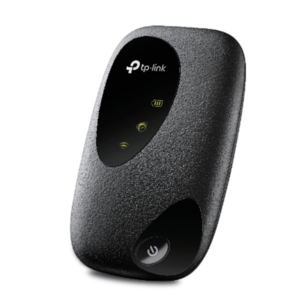
 No products in the cart.
No products in the cart. 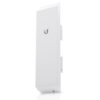
Reviews
There are no reviews yet.